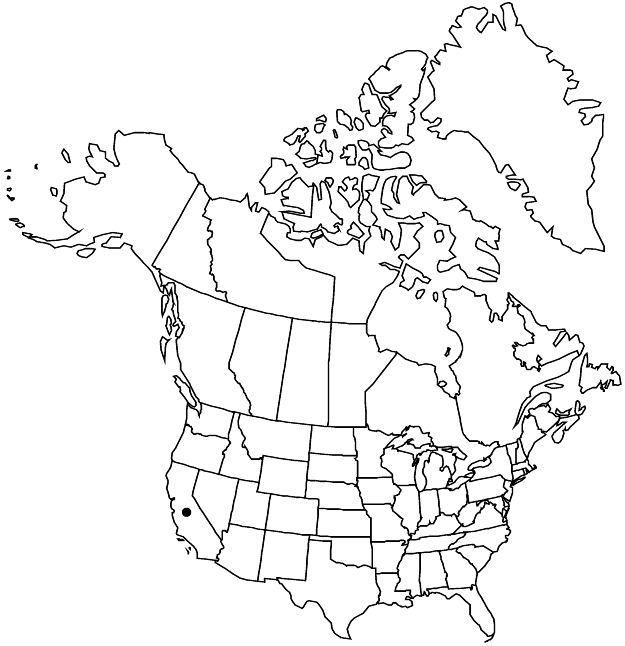Difference between revisions of "Potentilla morefieldii"
Brittonia 44: 432, fig. 1. 1992.
FNA>Volume Importer |
imported>Volume Importer |
||
| (2 intermediate revisions by 2 users not shown) | |||
| Line 56: | Line 56: | ||
|publication year=1992 | |publication year=1992 | ||
|special status=Conservation concern;Endemic | |special status=Conservation concern;Endemic | ||
| − | |source xml=https:// | + | |source xml=https://bitbucket.org/aafc-mbb/fna-data-curation/src/2e0870ddd59836b60bcf96646a41e87ea5a5943a/coarse_grained_fna_xml/V9/V9_265.xml |
|subfamily=Rosaceae subfam. Rosoideae | |subfamily=Rosaceae subfam. Rosoideae | ||
|tribe=Rosaceae tribe Potentilleae | |tribe=Rosaceae tribe Potentilleae | ||
Latest revision as of 22:55, 5 November 2020
Stems 0.4–1.5(–1.7) dm, lengths 2–3 times basal leaves. Basal leaves pinnate, usually at least 2 pairs of leaflets separate from terminal leaflets, distal leaflets usually distinct, 2–6 cm; petiole 0.2–1.5 cm, straight hairs abundant, ± appressed, 1–1.5 mm, stiff, cottony hairs absent, glands absent or sparse; leaflets 5–9, on distal (1/4–)1/2–3/4+ of leaf axis, overlapping, proximal pair separated from others by 2–10 mm of leaf axis, central leaflets oblanceolate to narrowly obovate, (0.5–)1–2(–2.5) × 0.5–1.2 cm, petiolules 0–1 mm, distal 3/4 of margins incised 3/4 to midvein (sometimes medially cleft as well), teeth 3–4 per side, separate to slightly overlapping, (1–)2–5 mm, surfaces ± to strongly dissimilar, abaxial grayish to white, straight hairs ± abundant, ± appressed, 1 mm, weak to stiff (especially on veins), cottony hairs abundant to dense, glands absent or obscured, adaxial greenish to grayish, straight hairs ± abundant, appressed, 0.5–1.5 mm, stiff, cottony hairs absent, rarely sparse, glands sparse. Inflorescences 3–15-flowered. Pedicels 1–2.5(–3) cm. Flowers: epicalyx bractlets ± ovate-elliptic, 2–4 × 0.8–2 mm; hypanthium 2.5–5 mm diam.; sepals 3.5–5 mm, apex ± acute; petals 4–6 × 3–5 mm; filaments 1–2 mm, anthers 0.5–1 mm; carpels 15–20, styles 2 mm. Achenes 1.5–2 mm, smooth to faintly rugose.
Phenology: Flowering summer.
Habitat: Alpine tundra and fellfields, mostly on dolomite substrates
Elevation: 3500–4000 m
Discussion
Of conservation concern.
Potentilla morefieldii is known only from the White Mountains and adjacent Sierra Nevada. Plants with similar aspect but lacking strigose vestiture occur in White Pine County, Nevada; their disposition is uncertain. Potentilla morefieldii is sometimes confused with P. breweri (sect. Multijugae), but the latter differs in having more or less similar leaflet surfaces with cottony hairs nearly as abundant adaxially as abaxially. Potentilla breweri also lacks the stiff adaxial leaflet hairs that characterize most species in sect. Concinnae, including P. morefieldii.
W. L. Jepson (1909–1943, vol. 2) misapplied the name Potentilla pseudosericea var. grandiflora Th. Wolf, which is a synonym of an unresolved species from the Rocky Mountains (B. Ertter 1992; Ertter et al. 2013), to P. morefieldii.
Selected References
None.
